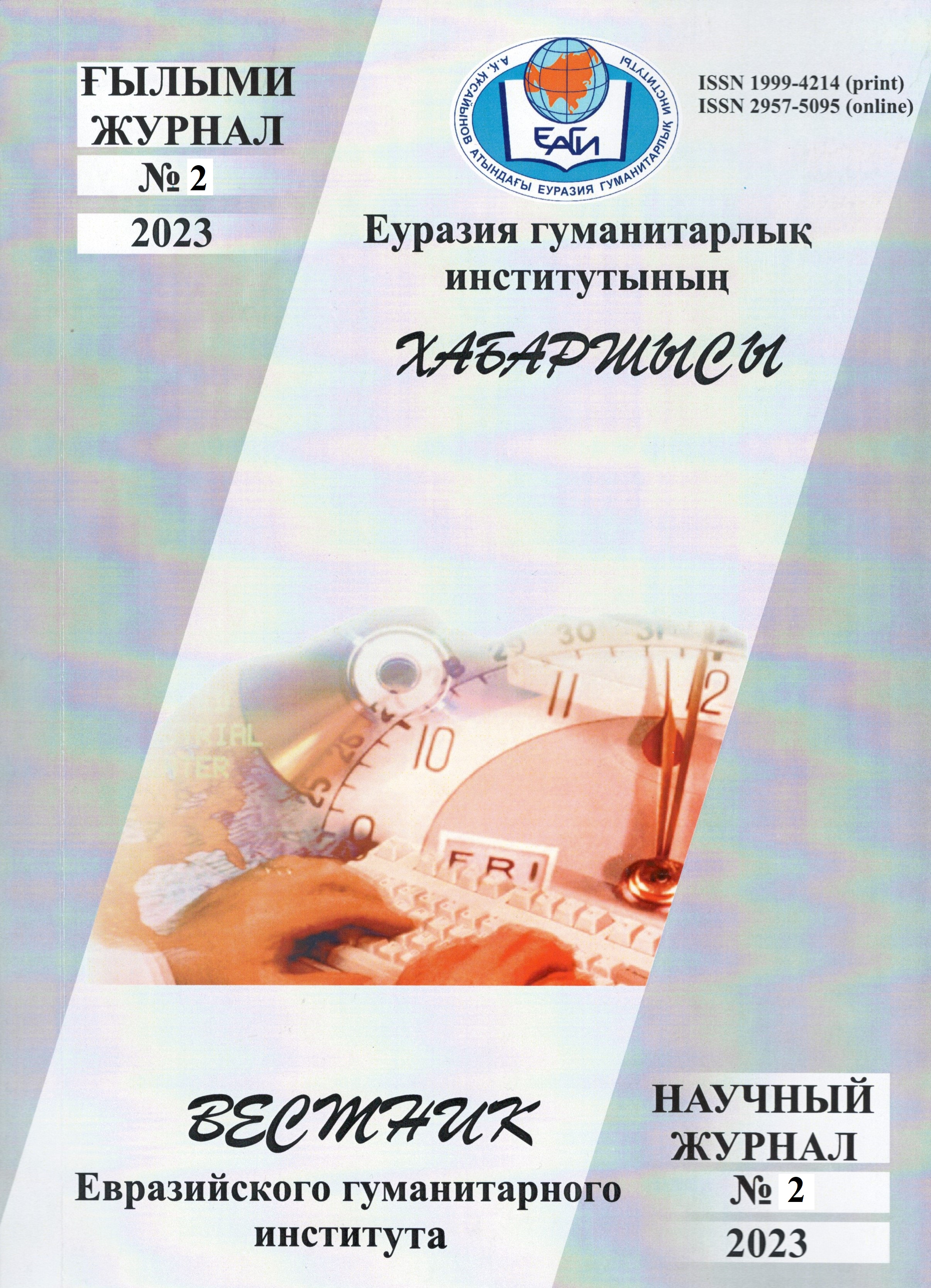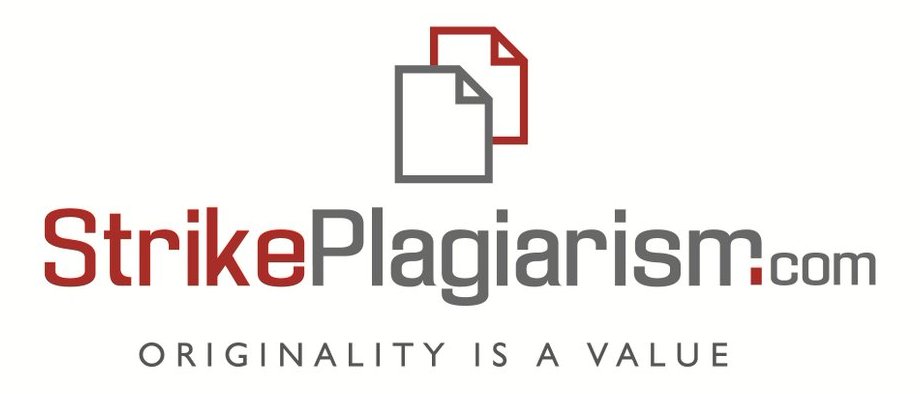MODAL MEANINGS OF INTERROGATIVE SPEECH ACTS IN THE KAZAKH LANGUAGE
Keywords:
interrogative utterance, modal meaning, suppositibility, desirability, possibility, obligation, motivationAbstract
The article analyzes the expression of modal meanings of supposition, desirability (desires, dreams), possibility, obligation (necessity), motivation of interrogative statements in the Kazakh language. It was found out that these modal meanings are expressed mainly by sentences in which interrogative pronouns and interrogative particles are present, and are also reinforced by the repetition of these linguistic units and their joint use with other linguistic units (modal words, auxiliary verbs, phraseological units, analytical formants, etc.).
In the expression of the modal values of assumption, desirability (desire, dream), possibility (impossibility, obligation (necessity), motivation, the rhetorical interrogative sentence is actively functioning. It is also proved in the article that these modal values can be expressed in combination with other modal and emotionally expressive values, for example, the assumption of information about a particular subject, phenomenon or performance of an action with the values of uncertainty, suspicion, doubt, etc. Modal values expressed in interrogative statements are also expressed in the content of a holistic statement, a pragmatic meaning arising from a speech situation.
Modal meanings expressing the speaker's attitude to the speech situation were determined by methods of structural-semantic description, contextual analysis, functional-semantic analysis, differentiation and hypothetical interpretation, as well as transformation of interrogative statements.


